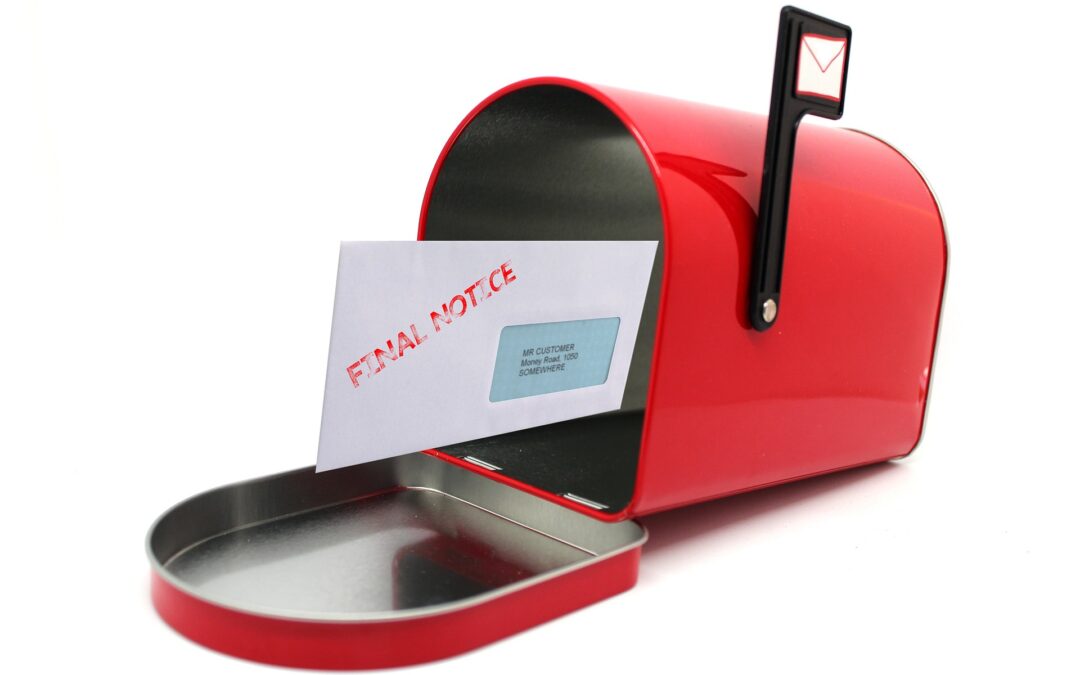At the end of July, the Centers for Disease Control lifted the national moratorium on eviction of apartment tenants due to the Covid 19 pandemic. The eviction moratorium was intended to prevent homelessness, thus preventing overcrowding in homeless shelters and avoiding the spread of the virus in crowded settings. Tenants and landlords can be forgiven for feeling a bit whiplashed this week, as the President then announced on August 3rd a new eviction moratorium through October 3rd. On August 4th lawsuits were filed in Alabama and Georgia to invalidate the latest federal moratorium. Meanwhile, a state moratorium on evictions remains in effect through the end of August for the entire state of New York, so tenants within the state have some time yet to work through their arrears issues. It is important to know your state’s laws to fully understand your rights as a tenant, or as a landlord.
None of the eviction moratoria remove the tenant’s obligation to pay rent, and landlords continue to be obliged to provide essential services. Therefore, tenants who have not paid rent during the pandemic will be subject to eviction once the moratoria expire, unless they pay any arrears. In addition to being displaced by an eviction order, the eviction will follow the tenant for many years as a blot on their rental history and credit report, making it more difficult to qualify for a new apartment or to purchase a home in the future.
That being said, federal CARES Act funding has made resources available to all states to help struggling tenants pay off their rent arrears. Tenants in need of assistance should be working with their landlords and a local HUD Housing Counseling agency to apply for this assistance. When the eviction moratorium covering your community eventually expires, and it will, the housing counseling agencies will be flooded with calls for assistance, and the likelihood of applications falling through the cracks will increase exponentially. To make sure that your application is not lost in the flood of paperwork, we recommend that you start your application now. It is NOT too soon to apply, To find a HUD-certified housing counseling agency serving your community, visit www.hud.gov/offices/hsg/sfh/hcc/hcs.cfm. In addition, the Consumer Financial Protection Bureau has a new online tool to assist tenants to apply for rental assistance.
That website is found at consumerfinance.gov/coronavirus/mortgage-and-housing-assistance/renterprotections/find-help-with-rent-and-utilities/
Sadly, there are many tenants who think that they can ignore this important issue. If you know someone who hasn’t paid their rent in a while, please encourage them to take steps now to prevent their dislocation.
